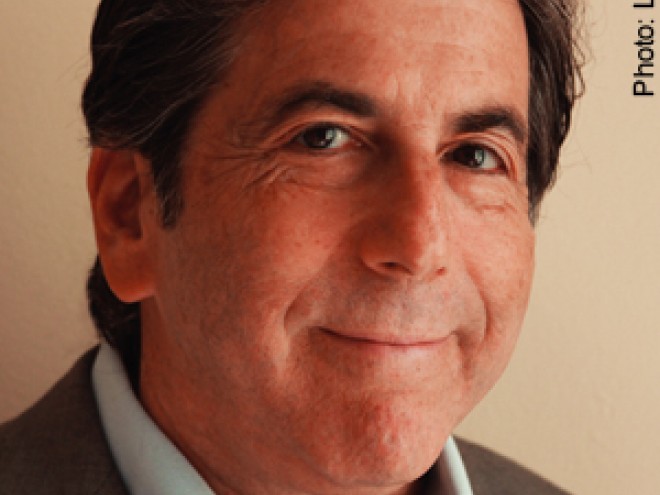with Elise Cooper
Fans of A Highly Unlikely Scenario, or a Neetsa Pizza Employee’s Guide to Saving the World: A Novel will recognize Rachel Cantor’s signature penchant for tales of love, unconventional families, search of self, and the mysteries of language in Good on Paper, a story about a lost writer inexplicably invited by a renowned, Nobel Prize-winning scholar to translate his new manuscript — which may not be all that it seems.
Elise Cooper: You have written short stories in the past, why write Good on Paper as a novel?
Rachel Cantor: I enjoy writing short stories. In this case, I thought about a plot involving a group of expatriate friends who grew up in Rome together, and I was writing their story it just got bigger and bigger. It became so large it turned into a novel. At first I felt I was not up to writing a novel and saw myself solely as a short story author: I kept referring to the book as an “N.”! 
EC: This is the first novel you wrote, but not the first one you published. Correct?
RC: When I sold my two books to the publisher, they chose to publish the more recent manuscript ahead of Good on Paper which I had written earlier. A Highly Unlikely Scenario does not have much in common with Good on Paper. It is a lighthearted fantasy about Jewish mystics and takes place in current times.
EC: What would you say are the key themes to Good on Paper?
RC: It touches a lot of different questions: mother-daughter ties, friendships, forgiveness, how to love, and can someone reinvent themselves? I guess if I had to boil it down to one issue I would choose relationships.
EC: You write about three locations, New York, Rome, and India. Why?
RC: Mainly because I was very impressionable when I was young! I lived in Rome between the ages of ten and fifteen, in New York when I was around the age of twenty-two, and in India in my twenties. Likewise, I have Good on Paper’s main character, Shira, living in Rome as an expatriate, traveling to India, and residing in New York. These three settings always reappear in my fiction, because they are an essential part of my imagination.
EC: What did you mean by the following powerful quote from the novel: “Yes, I’m sad, but I’m going to give that person I love another chance, a chance to explain themselves, to do better.”
RC: Forgiveness is central to my book. There is a part of the book about the idea that innocence can be damaged but also recovered. My understanding of the Jewish concept of teshuvah is about returning to one’s innocent self, although some call it repentance. Shira is going through such a journey. She must be  courageous and allow people to be a part of her life again. Can she love again without shutting people out? Now, in her mid-forties, can she allow herself to forgive those who have hurt her even if it means being sad while doing so?
courageous and allow people to be a part of her life again. Can she love again without shutting people out? Now, in her mid-forties, can she allow herself to forgive those who have hurt her even if it means being sad while doing so?
EC: What would you like readers to get out of this book?
RC: I hope they get caught up in the mystery of why she was chosen to be the translator for this Nobel Prize winning author, Romei. He ends up spurring Shira’s journey, contributing to changing her life. I hope they go on this journey with Shira and cheer her on as she decides to give the people she loves another chance, as she struggles to overcome the will to shut down and shut out those who have done her wrong.
Elise Cooper lives in Los Angeles and has written numerous national security articles supporting Israel. She writes book reviews and interviews for many different outlets including the Military Press.
Related Content:
- Read Rachel Cantor’s Visiting Scribe Posts
- Michael Idov: The Act of Self-Translation
- Shani Boianjiu: Writing in a Foreign Language




